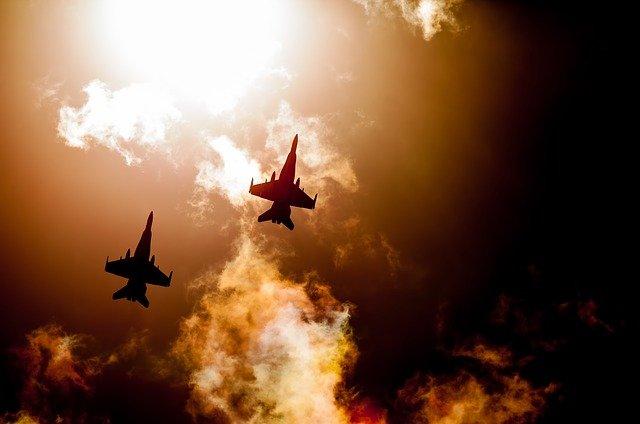Impact Of COVID-19 On Global Defense Budgets Less Severe Than The 2009 Global Financial Crisis | コロナ危機が世界の国防予算に与えた影響は、2009年の世界金融危機ほどのものにはならず

コロナ危機の中でも防衛産業の業績は比較的堅調に推移したが、コロナ禍が経済、そして予算に与えた影響を考えると、特に欧米では厳しい状況が待ち受けているといっていいだろう。とはいえ、2009年の世界金融危機ほど深刻な景気後退は考えにくいが、2025年以降になって、コロナ危機による国防費削減の影響が表面化してくる可能性もある。
昨年の国防予算にはさほど大きな変化は見られなかったが、過去の不況の際には、予算削減は経済不況から数年遅れて実施されてきた。また、過去の傾向を見ると影響の度合いは地域によって異なっており、今後数年間、全ての国で国防予算削減の圧力がかかるとも言い切れない
2009年の世界金融危機後の推移と同様、経済への影響が大きく、政府支援や景気刺激策に多くの予算が投じられた欧米がより深刻な状況といえる。一方、アジア太平洋地域においては一時的な減速はみられたものの、引き続き堅調な予算拡大が見込まれ、状況ははるかに明るいものとなっている。
While the performance of defense markets has remained robust throughout COVID-19 the economic and fiscal impact of the pandemic mean that there are likely harder times ahead for the defense sector, especially in the West. Nevertheless, the coming downturn is highly unlikely to be as severe as the one which followed the 2009 global financial crisis. The full impact of any post-COVID-19 defense spending cuts may not become apparent until 2025.
While budgets have remained largely unchanged last year, past downturns demonstrate that cuts to government spending normally lag the economic impact by several years. Past trends also show that the impact will vary from region, and not all countries will see downward pressure on defense spending over the coming years.
As with the period following the global financial crisis in 2009, constraints are likely to be more acute in the West, where the economic impact has been most severe and the costs of government support and stimulus packages have been greatest. Further east, conditions appear far more positive, with budgets throughout the Asia-Pacific region expected to continue to expand at robust rates following a brief slowdown.
